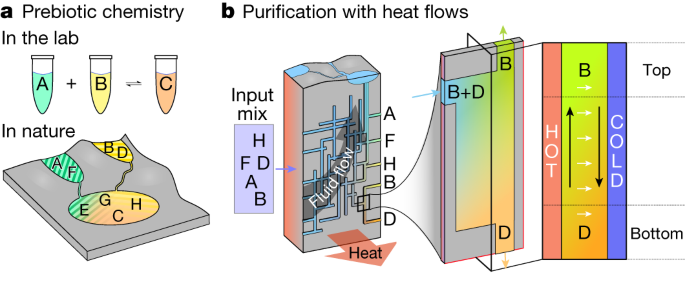The "chemistry of life" may have arisen in a rock fissure.
This is the conclusion of a study, published this Wednesday in Nature, which theorizes that, on the Early Earth, amino acids and other molecules fundamental to the origin of life were enriched in "networks of rock fissures".
As New Scientist explains, these "networks" would have provided a kind of "natural laboratory", where many of the building blocks of life were concentrated and separated from other organic molecules.


To prove the theory, researchers at the Ludwig Maximilian University in Munich, Germany, created a thermal flow chamber - the size of a matchbox - to simulate the behavior of organic molecules in these rock fissures.
In addition, and more specifically, it was found that the glycine molecules were able to bind to each other as the concentration of a molecule that catalyzes the reaction called trimetaphosphate (TMP) increased.






